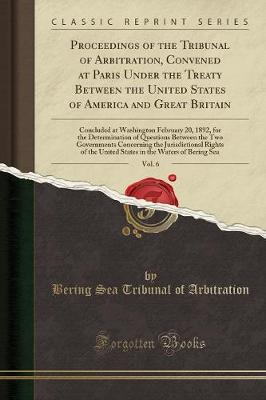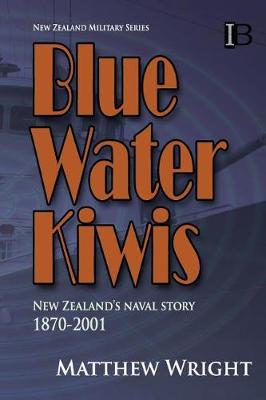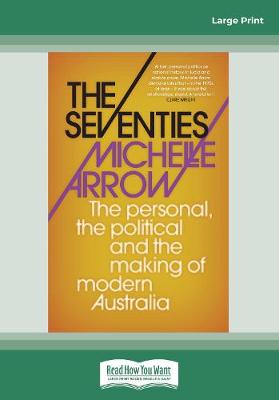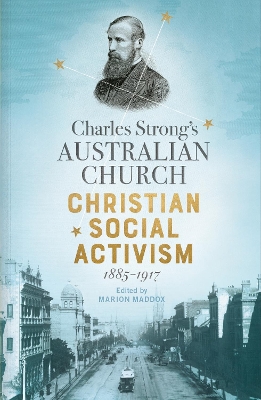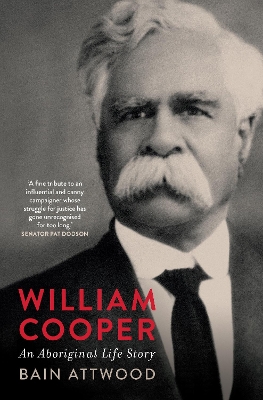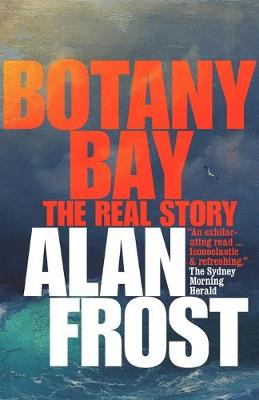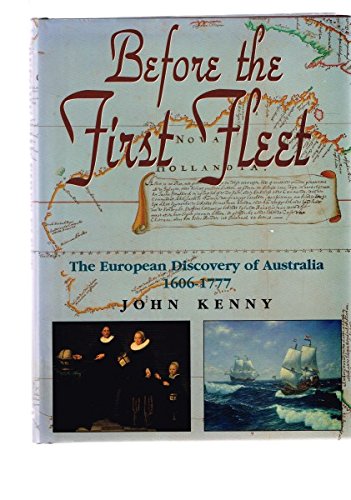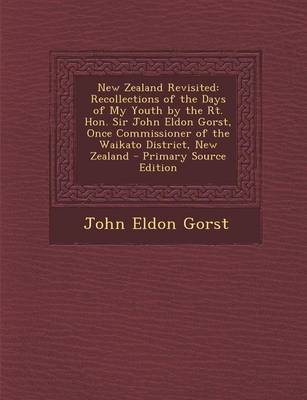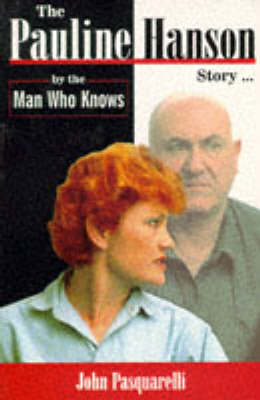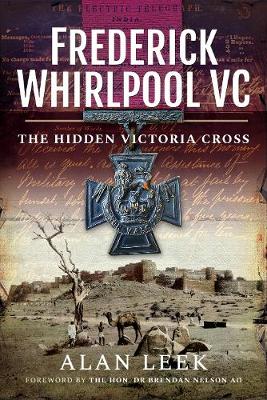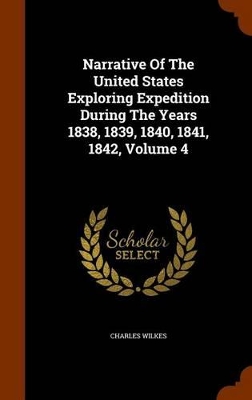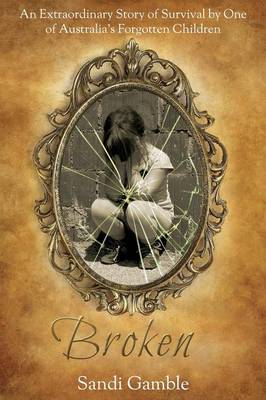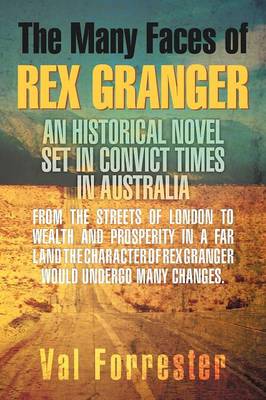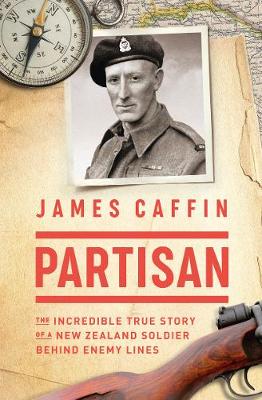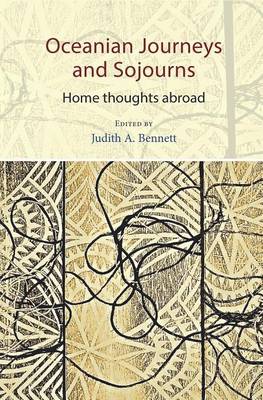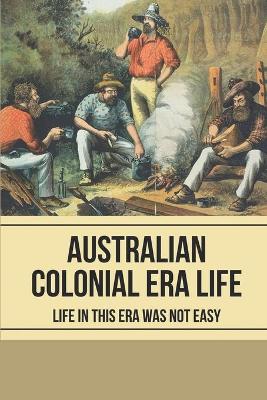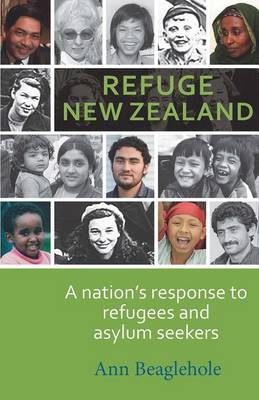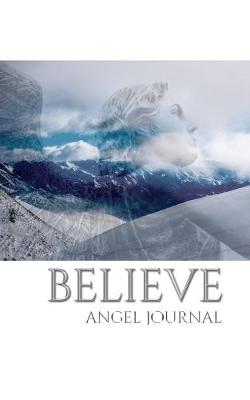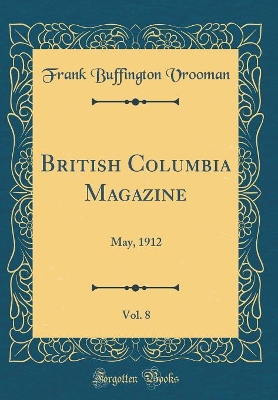Born in 1940? What else happened? 4th Edition (Born in 19xx? What Else Happened?, #2)
by Ron Williams
In 1970 homosexuality was illegal, God Save the Queen was our national anthem and women pretended to be married to access the pill. By the end of the decade conscription was scrapped, tertiary education was free, access to abortion had improved, the White Australia policy was abolished and a woman read the news on the ABC for the first time. The Seventies was the decade that shaped modern Australia. It was the decade of 'It's Time', stagflation and the Dismissal, a tumultuous period of economic...
In the optimistic years preceding Federation in 1901, the Melbourne-based Australian Church emerged as a progressive Christian movement to serve a brand-new nation. Galvanising many members of Melbourne's social and political elite, activist Reverend Dr Charles Strong imagined the Australian Church becoming the national church, while addressing a broad social and political reform agenda, inspired by both theological and social liberalism. Their approach was described as 'progressive', 'liberal',...
William Cooper's passionate struggle against the dispossession of Aboriginal people and the denial of their rights, and his heroic fight for them to become citizens in their own country, has been widely commemorated and celebrated. By carefully reconstructing the historical losses his people suffered and endured, William Cooper: An Aboriginal Life Story reveals how the first seventy years of Cooper's life inspired the remarkable political work he undertook in the 1930s. Focusing on Cooper's most...
Frederick Whirlpool's Victoria Cross is displayed near the entrance to the Hall of Valour at the Australian War Memorial, Canberra. It was the first VC pinned to an Australian uniform, yet almost nothing was known about its enigmatic recipient. Two acts of valour during the Indian Mutiny won him the Victoria Cross, but 17 severe sword wounds ended his career. After migrating to Australia in 1859, he became a volunteer rifleman and school teacher. His VC was presented in Melbourne in 1861\. He a...
The colonial practice of rationing goods to Aboriginal people has been neglected in the study of Australian frontiers. This book argues that much of the colonial experience in Central Australia can be understood by seeing rationing as a fundamental, though flexible, instrument of colonial government. Rationing was the material basis for a variety of colonial ventures: scientific, evangelical, pastoral and the post-war program of 'assimilation'. Combining history and anthropology in a cultural st...
Narrative of the United States Exploring Expedition During the Years 1838, 1839, 1840, 1841, 1842, Volume 4
by Charles Wilkes
Angel believe angelic New Zealand blank creative journal
by Sir Mihael and Sir Michael Huhn

